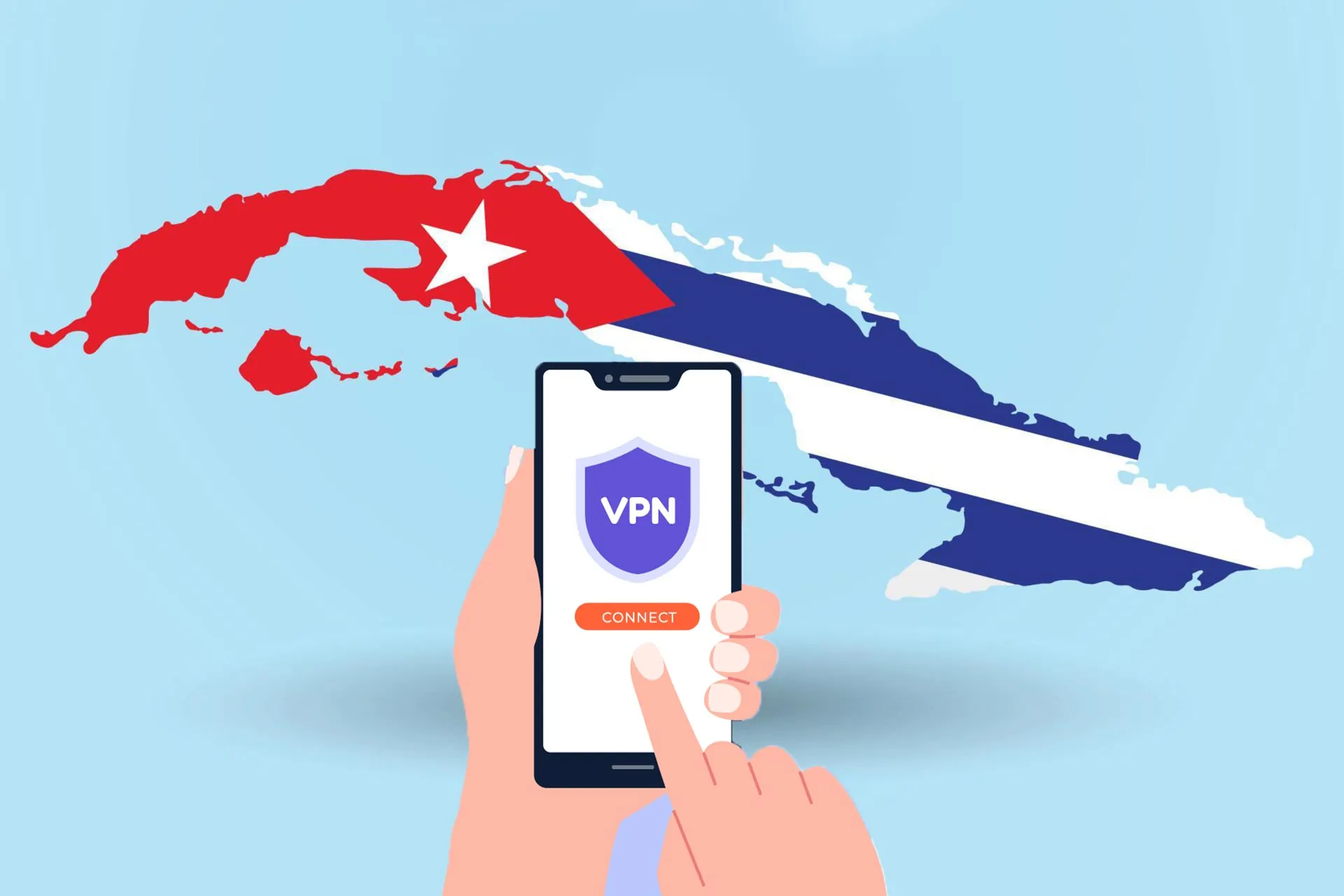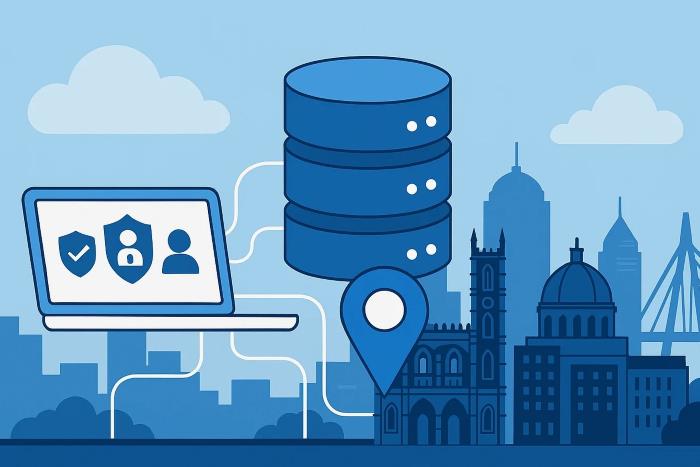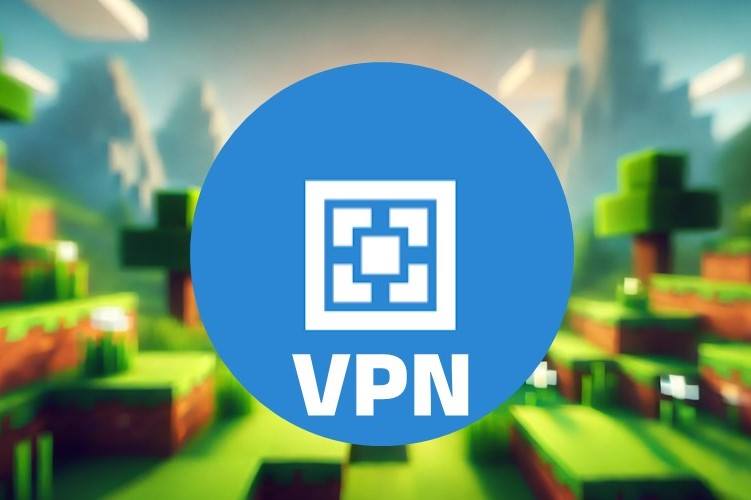Is VPN legal in Cuba? [Everything You Need to Know]
5 min. read
Updated on
Read our disclosure page to find out how can you help VPNCentral sustain the editorial team Read more

As a result of the comprehensive US embargo, internet access remains highly restricted in Cuba.
Furthermore, the Cuban media legislation implements censorship practices to limit freedom of speech.
So, Cubans and anyone traveling there require a reliable VPN connection to access the internet.
But how can you download a VPN if you can’t access the Apple App Store or Google Play Store?
The following paragraphs explain how to do so, clarify whether VPNs are legal in Cuba, and discuss why it’s best to utilize one while you’re there.
Is VPN legal in Cuba?
Yes, VPN is legal to use in Cuba. However, the government has imposed some regulations.
Overall, the law prohibits anonymity and encryption technologies to prevent identity theft and fraud.
Meaning such tools are only permitted if the Ministry of Communications and the Ministry of the Interior authorize them.
Additionally, due to the US embargo, Cubans can’t access popular app stores like the Apple App Store and Google Play, making it harder to download a VPN.
Therefore, you can only purchase a subscription when outside Cuba or pay someone to load a VPN on your device if you’re already there.
Still, knowing VPN services are somewhat restricted, they are widely popular among Cuban citizens and tourists.
Why it’s a good idea to use a VPN in Cuba?
Because internet censorship is widespread in Cuba, and VPNs provide dozens of security advantages to the users.
Plus, since it’s legal to use, you won’t have to worry about having to face legal penalties, as it’s the case in countries where VPNs are illegal.
Below is a list of the primary reasons to opt for a VPN provider in Cuba.
1. Access the internet restriction-free
Many countries and streaming platforms, like Netflix, geo-restrict users by blocking their location through IP addresses.
That is where VPNs come into play. Such services tunnel net traffic through a VPN server from a remote location and change your IP address in the process.
As a result, governments and other platforms can’t detect your original location.
In other words, you can enjoy free internet access and keep using the apps and websites you usually can’t in Cuba.
To give you a few examples, apps like WhatsApp, Telegram, Signal, and Skype will work great after you connect to a VPN server from a different country.
2. Bypass government surveillance
As aggravating as it sounds, even though VPNs are legal in Cuba, the Cuban government utilizes internet surveillance systems to track users’ online activity.
These laws allow the interception of calls, recording of voices, shadowing and video recording of citizens, and stealth access to computer devices.
So, even if you don’t mind the widespread restrictions in Cuba, it’s best to opt for a premium VPN service to avoid surveillance operations.
A reliable VPN encrypts all your network traffic, meaning your data converts to an unreadable, encoded format.
Thus, no one, not even your internet service provider (ISP), can see what you’re doing online.
3. Protect your data on public WiFi
If you regularly use public WiFi, like those in libraries or hotels, you’re data’s most likely unprotected and vulnerable to cyber-attacks.
Hackers utilize dozens of cyber techniques to intercept your traffic and steal sensitive data like credit card credentials.
But fortunately, reputable VPN providers offer several bank-grade security layers that protect your data from such threats.
These include encryption protocols like OpenVPN, IKEv2/IPsec, WireGuard, etc., that provide secure connections for their users.
VPNs also offer security components like a Kill Switch that ensures not to revert to the default network settings if the connection suddenly drops.
But regardless of how many safety measures a VPN brings to the table, it’s always better to use one while using a public WiFi network.
4. Acquire data privacy on apps and services
Sadly, your ISP is not the only potential liability that can access your network traffic and monitor your data.
Many of our popular apps and services, like TikTok, provide shady privacy policies that could jeopardize user rights.
Regardless, a VPN offers complete anonymity and encrypts your information, preventing apps and websites from attributing your behavior.
But despite everything a VPN provides, if you voluntarily disclose sensitive information on shady websites, VPNs can’t protect you.
So, study the correct way of behaving online and avoid risking your information.
5. Subsidize shopping and traveling
Did you know many shopping and flight booking websites have separate price listings for customers from different countries?
However, you can utilize a premium VPN service, connect to a different virtual location, and beat this location bias. For instance, you can get YouTube Premium for cheaper if you connect to a server in Turkey.
Although it seems like a hassle, it’s worth it if you’re running on a budget or value your money enough to spend wisely.
Summary
As mentioned in the previous paragraphs, Cubans can’t access many popular platforms due to political interventions.
As a result, a VPN provider comes in handy to bypass such geo-restrictions and access free internet.
But is VPN legal in Cuba? The answer is yes. The country has nothing against using such security tools; anyone can use one.
However, you should never go for a free service, as they could provide weak security measures and jeopardize your data.
Finally, review popular VPN providers to ensure privacy and performance and access the internet freely.









User forum
0 messages